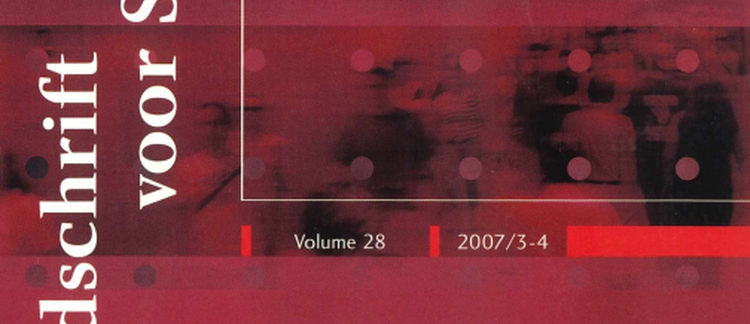Abstract
In this article we try to explain the influx of labour migrants in 17 European countries over the 1980-2004 period, using OECD data on the number of work permits issued yearly. These data show strong differences between countries, but also a steady increase in labour migration throughout Europe. The basic research question is whether economic push-pull theories can be used to explain these patterns. Unemployment figures are shown to have a significant impact on the number of work permits issued. There is no relation, however, with economic growth, high wages or social expenditure. In our conclusion, we offer some suggestions on how we could interpret this strong relation.
How to Cite:
Meuleman, B., Reeskens, T., Trappers, A. & Hooghe, M., (2007) “Arbeidsmigratie naar Europa: een economische verklaring van migratiestromen, 1980-2004”, Tijdschrift voor Sociologie 28(3-4), 272–295. doi: https://doi.org/10.21825/sociologos.86685
Downloads:
Download PDF
View PDF


